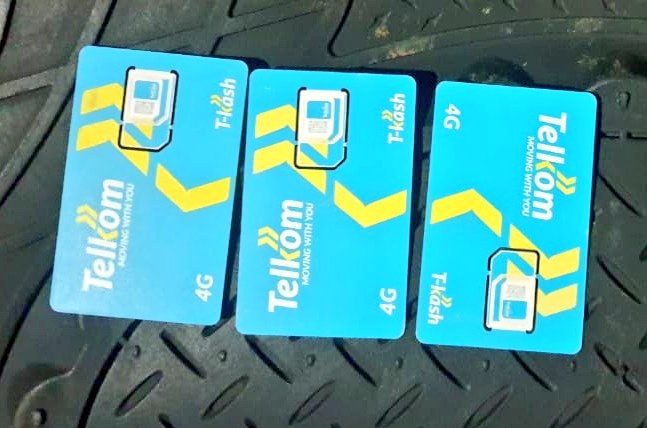Telkom Kenya’s partnership with Alphabet (formerly Google) to provide balloon-powered 4G internet ends in March 1.
Alphabet, Google’s parent firm, announced on Thursday that it was shutting down its Loon programme because it was not commercially viable.
“Telkom believes in taking bold decisions. It was very exciting, therefore, to partner with like-minded pioneers in the adoption and usage of innovative technologies such as Loon, with the aim of filling in the Internet access gaps in areas that were difficult to service,” its chief executive Mugo Kibati said in a statement on Friday.
“We continue with our long-term terrestrial network expansion plan that is informed by our overall company strategy, which will see us scale up to 80 percent to 4G, increase our network footprint across the country and get more Kenyans online,” he said.
Telkom had partnered with Alphabet to offer the world’s first commercial high-speed Internet using balloons in remote regions of Kenya. The project aimed at providing affordable 4G Internet to under-covered or uncovered rural communities.
Bribery, Sex & Deceit: High Octane scandal at Telkom Kenya
“While we are sad to share that Loon’s journey is coming to an end, we are grateful to the Telkom team for their vision and partnership,” said Loon’s CEO, Alastair Westgarth.
Loon’s technology targeted people living in rural areas without sufficient ground stations or fibre Internet connections. The technology beams Internet connectivity from ground stations to overhead balloons. The signal is then sent across a network of other floating cell towers before delivering connectivity directly to a user’s mobile phone below.
Loon, which had established ground stations in Nairobi, Nakuru and Nyeri counties to transmit Internet signal to balloons overhead, said it will terminate its service on March 1.
Mr Westgarth said they failed to find a cost-effective strategy to lower investment costs “low enough to build a long-term, sustainable business”.


















